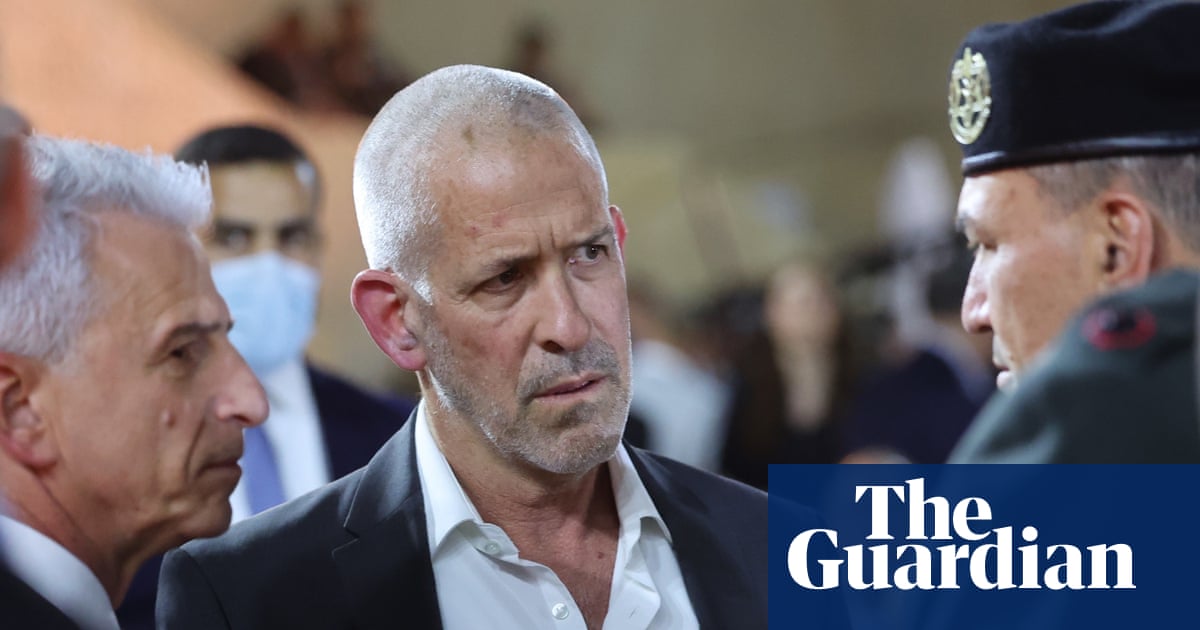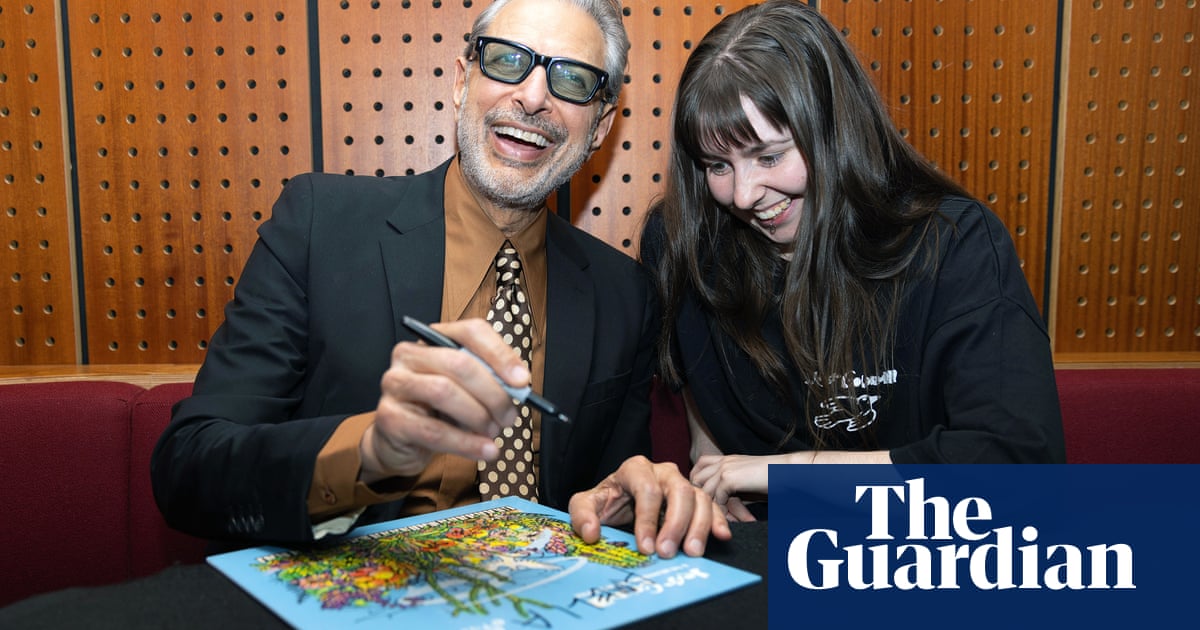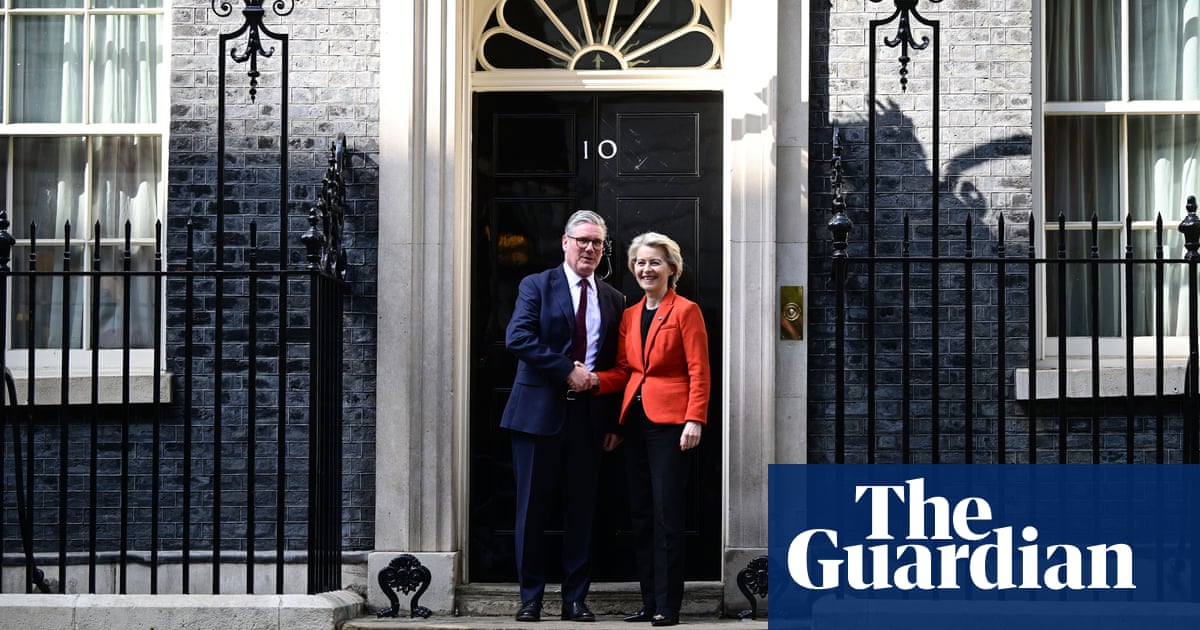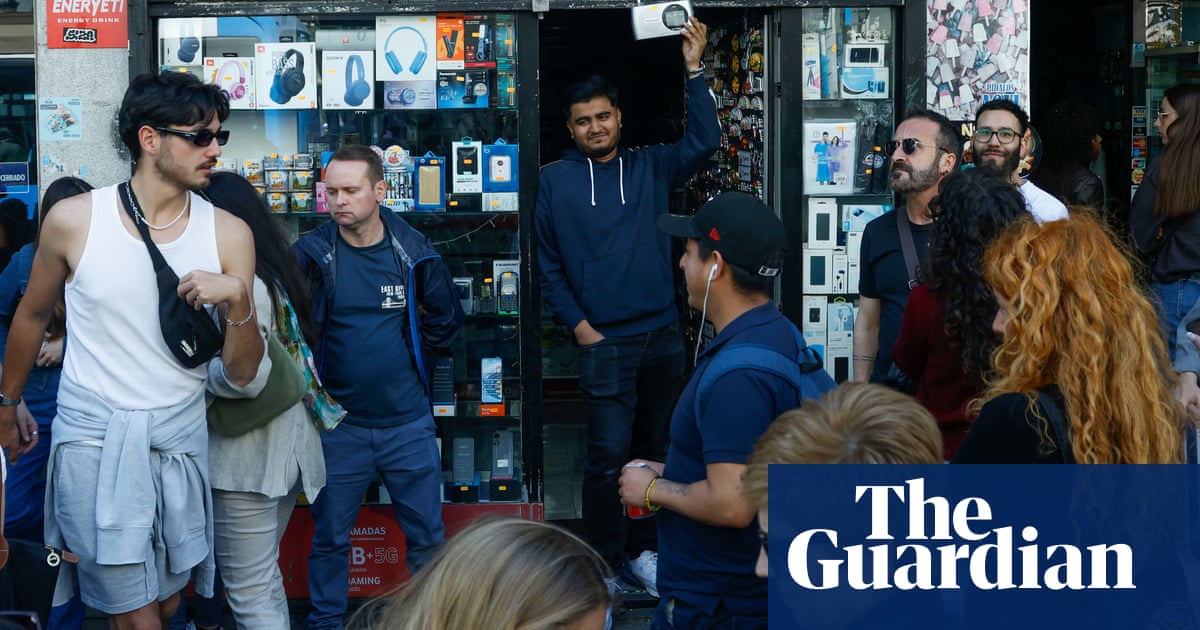In 2016, one year after the rightwing populist Law and Justice party won an overall majority in Poland, there was a knock at a door. The mother of a young journalist opened it. To her astonishment, it was the security services looking for her son. No details were provided. Thus began an informal campaign by the authorities against the media and civil society in Poland, including our thinktank, Kultura Liberalna. After hearing the news about the journalist, we called Aleksander Smolar. The legendary anti-communist dissident, who ran his own NGO, told us that the security services were also trying to arrange “informal” meetings with his staff. And he comforted us: “Don’t worry, we’ve had a playbook for this kind of situation since the 1960s.”
At that moment, we almost travelled back in time. We spoke about responding to this new regime as if we were once again under communism. What is striking in retrospect is that we all knew what to do. Our eastern European political culture, shaped by historical catastrophes, has developed some antibodies against oppressive power. Over the past centuries, the state has often been wiped off the map or occupied by foreign aggressors. Adversity sparks initiative.
So, what advice did the former dissident give us? First, we started speaking publicly about what was happening. Second, we demanded that the security service officers present their actions in writing and with legal justification. As a result, the campaign disappeared as quickly as it appeared.
But political harassment continued in other forms. The more emboldened the authorities became, the more elaborate (or crude) the stigmatisation of ideological opponents was. Soon, one thing became clear: as under communism, the political battlefield was everywhere. It touched every area of public life. Founding our thinktank in a democracy, we never imagined having to face political invigilation. That was naive.
Our own struggle didn’t end with the Polish liberal opposition’s victory in 2023. What’s more, political attacks now take a transatlantic shape. As US Vice-President JD Vance made clear in his Munich speech in February, in which he attacked European leaders, American rightwing populism has global ambitions.
So here is a handful of suggestions for Americans and others who seem disoriented and overwhelmed.
First: go beyond digital activism. A wave of anti-Trump street demonstrations recently swept across the US. In the age of social media, that might seem like an outdated or secondary tactic. But it’s not. In a time of effortless communication and online petitions, physical work matters twice as much. It sends a nonverbal message of urgency and sacrifice, and – more importantly – signals an invitation to fellow citizens to join. These protests should be regular and designed for the long haul. They should be citizen-led. Initially, flexible horizontal structures, ready for quick response, turned out to be more effective in practice in our experience.
Second: no ageism, please. As our own history shows, opposing populism in power is possible only if intergenerational solidarity takes place. We heard a reporter sneer that the New York, anti-Trump protest crowd skewed old. So did ours in Poland! Yet over time, younger people joined in as the burdens of populism became more personal. Again – diversity matters most. Not just in communication tools, but in the social makeup of the protest movement.
Third: it’s always the constitution, stupid. One hallmark of authoritarianism is the erosion of constitutional law. It’s not about abstract legal theories – it’s about changing the rules of the state without formal approval. Donald Trump’s musings about a potential third term are a prime example. The US constitution clearly forbids it. But the very mention signals a willingness to operate outside the legal order. Polish populists broke the constitution almost immediately after taking power. The consequences are still with us. What helped was keeping a detailed record of key legal violations.
Just as important was documenting the repression of civil society – like the example this article opened with. In an age of short attention spans, civil society must archive the illegality of populism – for rapid and effective accountability afterwards. The constitution is the terrain of the battlefield.
Fourth: don’t leave. Populists in power try to persuade neutral officials, such as public prosecutors, to resign from their government positions. Ideally, they want to rid their political opponents from the country. But don’t let them force you into exile, if you can help it; resistance on the ground will be crucial, just as it was for figures in the anti-communist opposition in eastern Europe before 1989.
after newsletter promotion
Fifth: plan ahead. Perhaps the most psychologically difficult task is extending a hand to those with whom you have political disagreements. The facts are hard to ignore: in democracies, populists win through elections. Hardliners won’t change, but the 10-20% of swing voters in the centre can be decisive.
Regaining power is possible but requires a dual-track approach. Use social media to shape political narratives. But also, unplug. Switch on to political aeroplane mode. Think long-term. Don’t get caught in the news cycle or buried under the “flood the zone” avalanche of absurdities populists use to wear down their critics.
Plan for the next presidential election. It’s not enough to promise justice and institutional repair. You also need a compelling vision – a positive, practical alternative to the populist programme. Without it, the fuel runs out – even if you win an election. And have patience. Ultimately, the fight for democracy is never about just one election. Populism existed even in Periclean Athens. Which is why the struggle for liberal democracy requires a warm heart and a cool head. This is the core of the anti-authoritarian playbook.
-
Jarosław Kuisz is editor-in-chief of the Polish weekly Kultura Liberalna and the author of The New Politics of Poland: A Case of Post-Traumatic Sovereignty
-
Karolina Wigura is a Polish historian and co-author of Post-Traumatic Sovereignty: An Essay (Why the Eastern European Mentality is Different)

 17 hours ago
13
17 hours ago
13













































